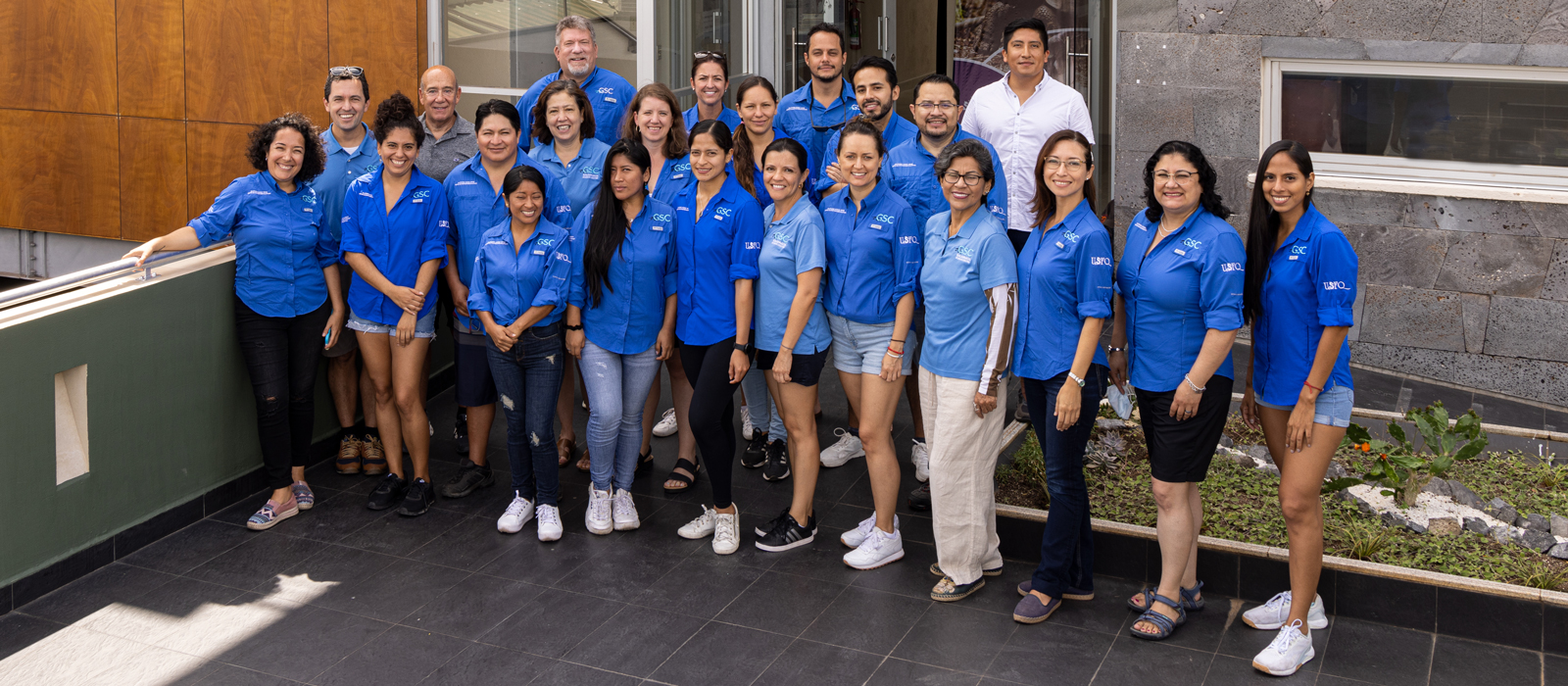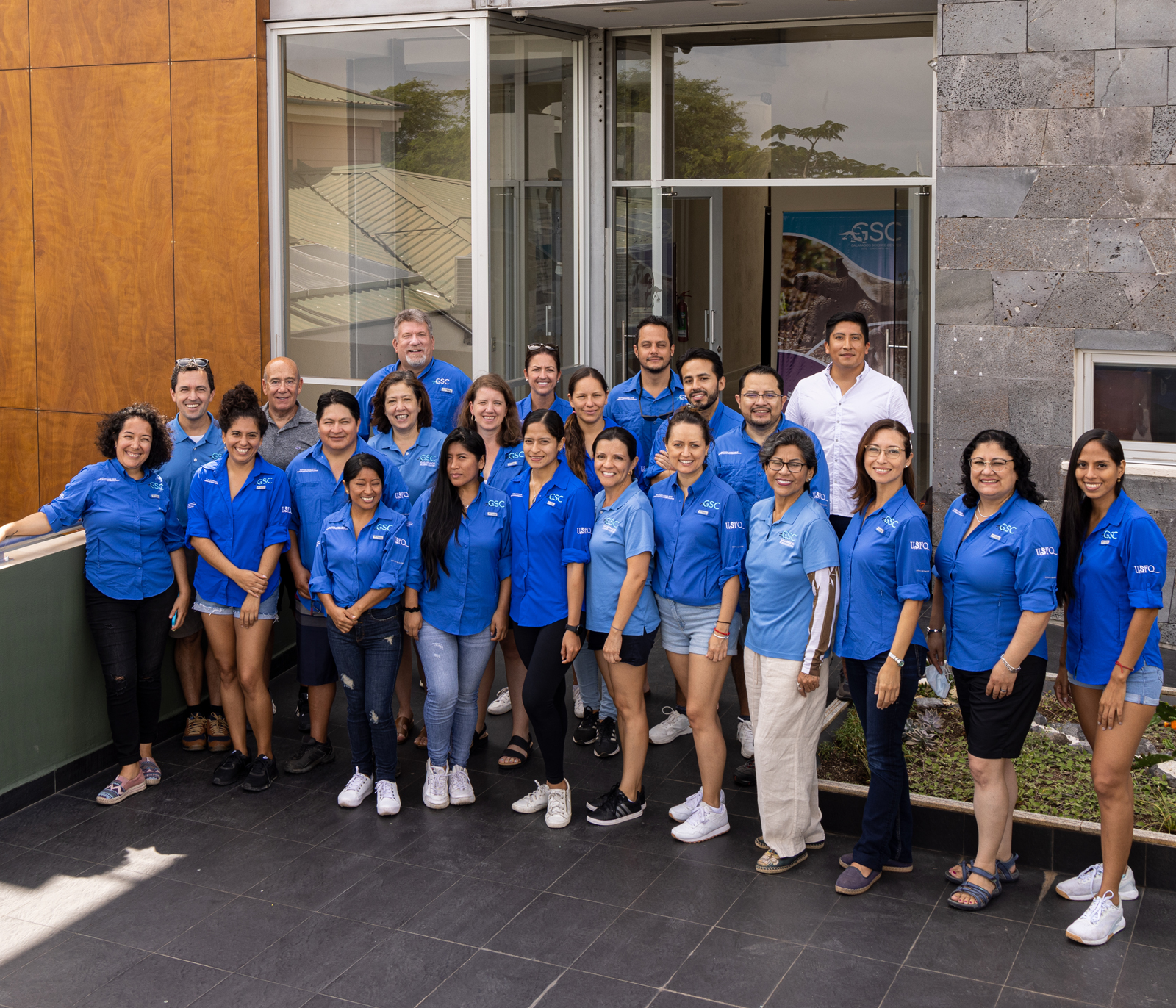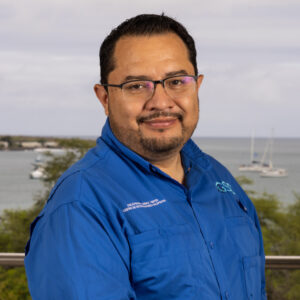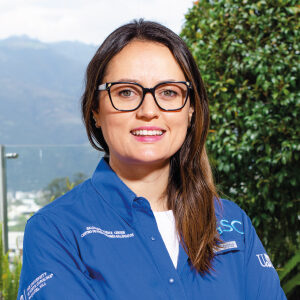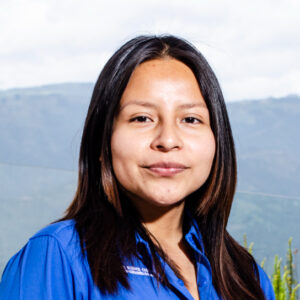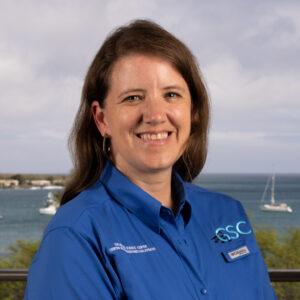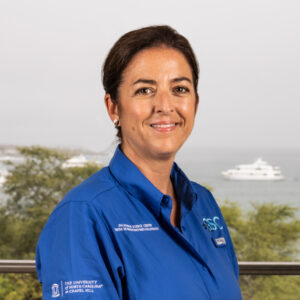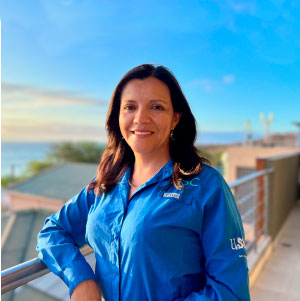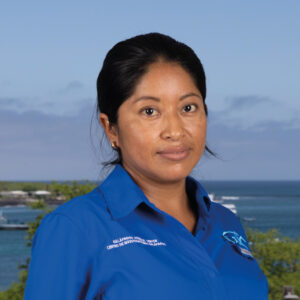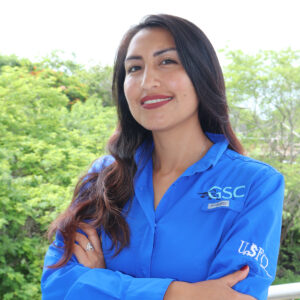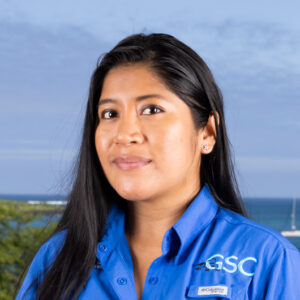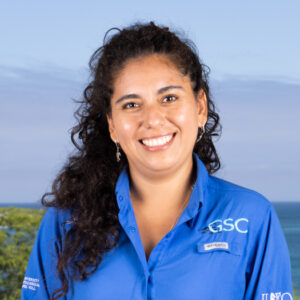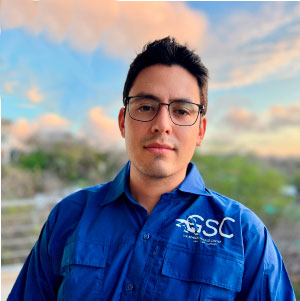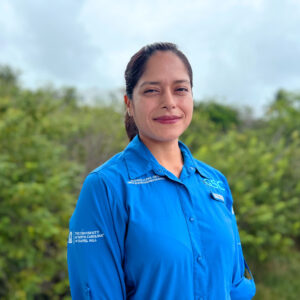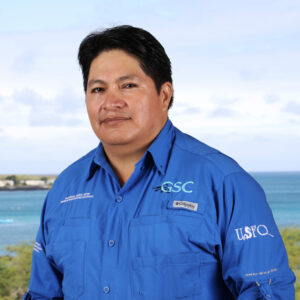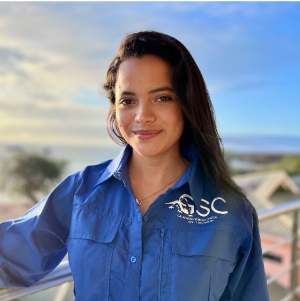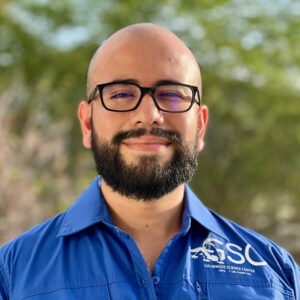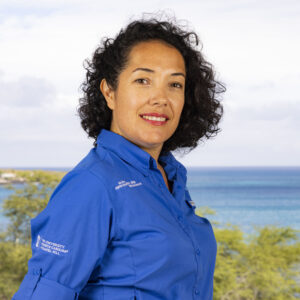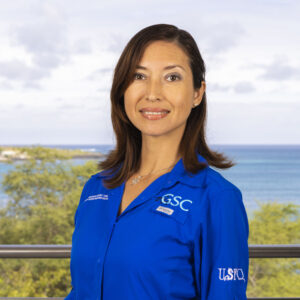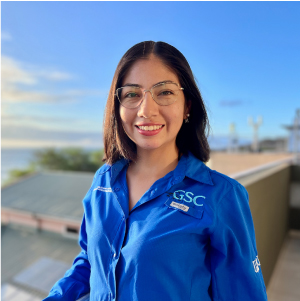ABOUT US
VISION
The Galapagos Science Center seeks to be the leading research center in Latin America that promotes the conservation of the Galapagos and its fragile ecosystems. We support the sustainable development of iconic and native species, ecosystem goods and services, and the local population through interdisciplinary science achieved through an integrated approach to research, experiential education, and community outreach.
MISSION
Through participatory methods and integrative approaches, the GSC works along three pillars:
1) Interdisciplinary research that includes the natural, social, and computational sciences.
2) Experiential education to inform the local community and citizens of the world about important global challenges.
3) Community support through a variety of mechanisms including the GSC Annual Community Symposium, training courses, science education in local schools, and sustainable development initiatives.
The GSC Advisory Board is composed of appointed representatives from both the University of North Carolina at Chapel Hill (UNC) and the Universidad San Francisco de Quito (USFQ). The Board meets annually to strategically advise the Co-Directors of the Galapagos Science Center, Amanda Thompson (UNC) and Carlos Mena (USFQ) in their leadership of the institution and facilities.
GSC ADVISORY BOARD
UNC members include:
Amanda Thompson, ex-officio
Kelly Weaver, ex-officio
Steven Walsh
Adrian Marchetti
Corbin Jones, Vice chair
Gina Chowa
Jill Pfaendtner
USFQ members include:
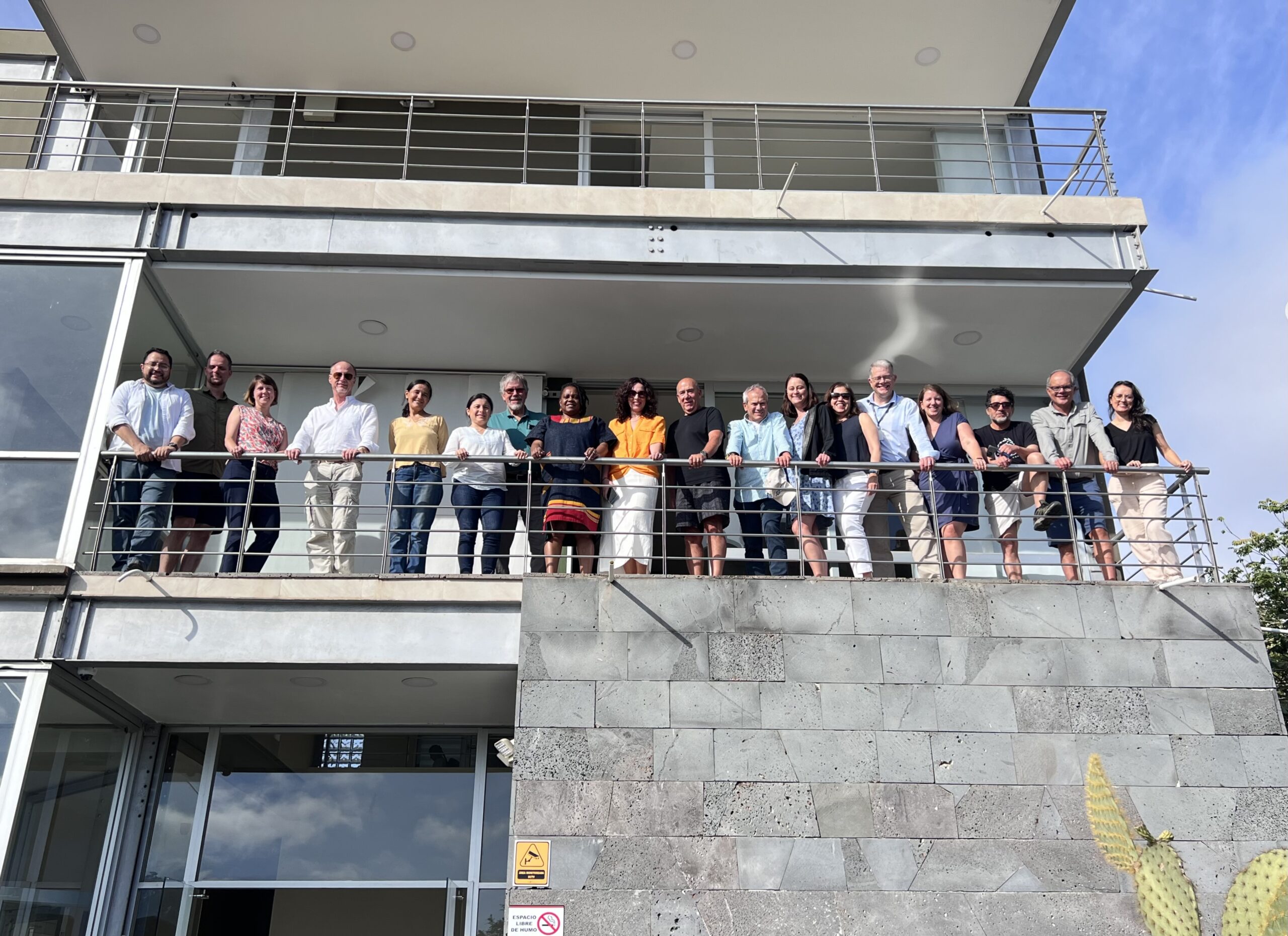

UNC members include:
Amanda Thompson, ex-officio
Kelly Weaver, ex-officio
Steven Walsh
Adrian Marchetti
Corbin Jones, Vice chair
Gina Chowa
Jill Pfaendtner
USFQ members include:
MEET THE TEAM
Our Team from USFQ
Dr. Carlos Mena is a geographer interested in a wide variety of issues that emerge from the interaction between social and natural systems, including the impacts of extractive industries (oil and mining), land use and land cover in the tropics, climate change and infectious diseases, and tourism research.
Methodologically, his research uses a combination of social survey methods, remote sensing and spatial analysis, complex models (Agent Based Models), and participatory/community methods of data collection.
His work has been funded by the US Academy of Sciences, The Netherlands Organization for Scientific Research, NASA, The Inter-American Institute for Global Change, HIVOS, the Ecuadorian Government, USAID, and USFQ.
Carlos is the Co-Director of the Galapagos Science Center, as well as, Director of the Galapagos Research USFQ.
Sofia studied her undergraduate degree in International Relations at USFQ and later completed a Master’s degree in Public Policy at the Facultad Latinoamericana de Ciencias Sociales, Sede Ecuador (FLACSO).
Sofia is the Assistant Director of the Galapagos Science Center in Quito. One of her objectives and goals is to position the Galapagos Science Center as one of the most recognized research centers in Latin America and the world.
In her spare time, Sofia enjoys reading, hiking, and enjoying time with her family.
I am currently studying graphic design in interactive media. I live in a multi-diverse and multicultural country with four regions. By merging two important parts of our regions, such as the Amazon and the insular part, I hope that we will be heard and achieve future projects where we can protect the islands and our Amazon, which are the future of the world. My career is fundamental with this so it is closer to the futuristic world.
Our team from UNC Center for Galapagos Studies
Amanda Thompson is a human biologist specializing in human growth and nutrition. She focuses on the biological pathways linking early life social, behavioral and physical environments to the development of obesity and chronic disease across a range of national and international settings, including North Carolina, China, and Ecuador. She is particularly interested in how early life nutrition and environmental exposures shape long-term health and obesity risk.
Kelly brings over 15 years of experience working in higher education both in the US and the UK across Business Development, Fundraising, Communications, and Career & Leadership. As Deputy Director at UNC Center for Galapagos Studies, Kelly develops and executes strategies for fundraising, communications, and international partnerships to broaden the scope and impact of the Center. Prior to this position, she worked at UNC Kenan-Flagler managing relationships with global companies within energy, sustainability, healthcare, and consulting.
Before moving back to the US, Kelly spent six years working at the University of Oxford in various roles such as Senior Development Executive for Saïd Business School and fundraising for Oxford Sport during London 2012. Before moving to the UK, Kelly was Senior Woman Administrator and Head Tennis Coach at Meredith College, leading the team to two NCAA appearances. She has worked in the corporate sector as an attorney and a global project manager. Kelly earned her BA in Foreign Affairs from the University of Virginia and her JD from UNC School of Law.
Kelly has worked and traveled in over 30 countries and enjoys exploring new cultures. She is excited to be doing meaningful work with global impact and to ultimately help protect the Galapagos for future generations.
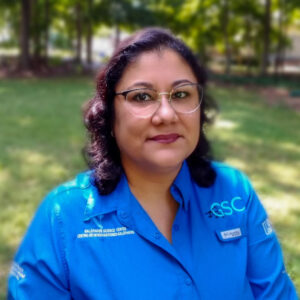
Katya McKerr
Project & Operations Manager, Center for Galapagos Studies (UNC)
Katya was born in Peru and has lived in the United States since 2003. She earned a BA in Management and Society with a minor in Hispanic Studies from UNC-Chapel Hill. She is a native Spanish speaker with ten years of experience working in the travel industry, where she trained personnel in five different countries. She loves to learn about new cultures and has visited around twelve countries. She is passionate about protecting the environment and enjoys working with people from around the world.
As the Project Manager, she manages services, programs, logistics, and activities for the Galapagos Science Center and UNC Center for Galapagos Studies including events on campus. Katya was responsible for the organization planning of the World Summit on Island Sustainability at the Galapagos Islands, hosting 150 participants from around the globe. UNC-Chapel Hill’s leadership including the Chancellor, Provost, Vice Provost for Global Affairs, and Interim Vice Chancellor for Research also attended.
Katya is responsible for Operations Management, which includes working directly with the Galapagos Science Center’s Assistant Director to improve protocols, develop institutional manuals, produce relevant documentation, and prepare equipment catalogs.
Last, Katya provides essential bilingual Travel Management support to the team, scientists, and students interested in traveling to the Galapagos to conduct research. In particular, she assists in obtaining their transit certificates, required for all affiliates researching in the Galapagos.
Finally, Katya is responsible for Financial Management, including purchasing equipment, bookkeeping, billing, and managing accounts receivable. She also coordinates international wire transfers with the Universidad de San Francisco de Quito for our international projects.
Our team from GSC
Ana Lucía graduated with a degree in Applied Ecology from the Universidad San Francisco de Quito (USFQ) and earned a Master’s in Protected Areas Management from James Cook University in Australia.
Currently, Ana Lucía serves as the Assistant Director of the Galápagos Science Center (GSC). In this role, she plays a crucial part in supporting the Co-
Directors with strategic planning, goal development, and the implementation of institutional policies. She also oversees daily operations, supervises the team to ensure compliance with internal regulations, and strengthens strategic
partnerships with local organizations. Ana Lucía is responsible for organizing
scientific events that promote research and conservation efforts in Galápagos.
With an extensive professional background, Ana Lucía has been involved in biological monitoring, ecological restoration, and participatory management of natural resource projects in Galápagos and other protected areas in Ecuador.
Her goal is to establish the GSC as a leading center for scientific research on the islands, providing essential knowledge to protect this unique ecosystem and ensure its sustainable development.
In her spare time, Ana enjoys outdoor activities and capturing the beauty of
wildlife through photography, with a particular interest in bird photography.
Gabriela is a Master in Science in Environmental Management Engineering and a biologist committed with the conservation and restoration of the environment. Her personal mission is being part of a multidisciplinary program that manages the interactions and impact of human societies on the environment and vice versa.
Gabriela has worked as a researcher for much of her career. Among the main areas of interest, we can name conservation biology, developmental biology, soil microbiology, among others. From her experience as a teacher and coordinator of environmental projects, in public and private institutions, she highlights that research and education are fundamental pillars when it comes to promoting the conservation and restoration of ecosystems.
Her passion working in conservation has led her to be an assistant project coordinator at the Sustainable Development Solutions Network (SDSN) of the Andean region. In addition, she has worked as coordinator of Biodiversity, Protected Areas and Streams in the Directorate of Natural Heritage of the Metropolitan District of Quito. Currently, she has joined the Galapagos Science Center team to continue her work in favor of conservation. She is aware that in order to conserve Galapagos is necessary to approach the subject from different points of view: scientific knowledge, public debate and political panorama.
Jessenia is the Research Coordination Assistant of the Galapagos Science Center. Jessenia’s job consists of supporting the science coordinator, managing research permits, field notices, requests for export of samples, and other related activities to science and research. She is currently pursuing a degree in Environmental Management at USFQ- Galapagos extrension.
In 2017 and 2018, Jessenia was in charge of coordinating research cruises led by the GSC in collaboration with the Directorate of the Galapagos National Park (DPNG), an activity where several national and international researchers participate intending to collaborate in the conservation of species of the archipelago.
In the future, Jessenia hopes to travel to other parts of Ecuador such as Mindo and the Amazon to enjoy its nature and culture. She is a lover of sunsets accompanied by good wine, music, and a book.
Cristina obtained her degree in Applied Ecology at USFQ and later obtained her Master’s degree in Marine Sciences with a focus on Resource Management at the Universidad Nacional Costa Rica.
Cristina is the Laboratories Manager and the Marine Ecology Laboratory Coordinator at the Galápagos Science Center, where she provides support for the projects to be executed according to the needs raised by global researchers. Before this role, Cristina worked for two years as an assistant coordinator for the Forest Stewardship Council in Ecuador and spent a year as part of the consulting team at Greenwise.
Cristina loves to travel to new places, explore new cultures, and visit national parks and nature to photograph their fauna, flora, and landscapes. She loves being near the sea, snorkeling, diving, and listening to the sea.
Paúl is the Microbiology and Molecular Biology Laboratory Coordinator at the GSC, where he
provides support for the projects carried out by researchers, as well as help and teach students who use the laboratory. Among his responsibilities, he is collaborating with the coordination of the Biobank and the analysis of water quality control.
Paúl obtained his degree in Biotechnology Engineering at the Universidad San Francisco de Quito (USFQ). Before working in Galapagos, Paúl worked as a technical assistant at the Tiptuini Biodiversity Station.
Paúl considers himself an active and curious person, motivated to learn new things in any area of knowledge. The sea has always amazed him, so living in the Galapagos gave him the
opportunity to learn more about it. In his free time he likes to practice basketball and swim in the sea.
Nazaret has participated as a research assistant in the project called “Galapagos Genetic Code – BARCODE” through the Galapagos Science Center (GSC), applying different molecular techniques in order to identify species that inhabit the islands.
Nazaret likes to play sports and especially enjoys CrossFit. In her free time, she trains and teaches CrossFit classes and also likes to make desserts and spend time with her family.
Luis studied Systems and Computer Engineering at the Escuela Politécnica del Ejército (ESPE) in Ecuador.
Luis is the Information Technology Systems Coordinator and the Spatial Analysis & Modeling Laboratory Coordinator at the Galapagos Science Center. He is also working on obtaining the international CISCO certification. He has worked at the Galapagos Naval High School, at the Galapagos District Education Office, and the Galapagos Electoral Tribunal.
In his spare time, Luis likes to practice ping-pong, taekwondo, and cycling. In addition, on weekends he is dedicated to agriculture on his farm.
Karina Vivanco, a documentary filmmaker, graduated from Universidad San Francisco de Quito (Ecuador) with a degree in Film and TV Production. In 2011 she got a master’s degree in “Documentary Film” at Escuela de Cine Internacional de Barcelona (Spain). Currently, she is in the process of completing a research master’s degree in Socio-environmental Studies at Facultad Latinoamericana de Ciencias Sociales (Ecuador).
Karina knows environmental communication and the management of social networks. Between 2015 – 2017, she worked in the Communication Directorate of the Ministry of the Environment of Ecuador where she developed several communication campaigns focused on education and environmental awareness, and between 2018 – 2019 she worked at Radio Pichincha Communications where she developed several communication products about the socio-environmental problems that afflict the rural areas of the province of Pichincha.
Karina enjoys nature and is focused on the development of powerful communication to make audiences aware of a more harmonious relationship with Mother Earth.
Leidy obtained her Bachelor’s degree in Tourism from the Escuela Superior Politécnica del Litoral (ESPOL) and for over five years she has worked on projects linking to the community. Leidy currently serves as the GSC Community Outreach Coordinator.
One of Leidy’s main objectives is to contribute to the change of behavior of those who participate in her different outreach programs and to continue learning from all the people she has the privilege of working with.
Leidy has a passion for plants and enjoys growing and caring for them. She enjoys promoting good habits from home, so she regularly prepares healthy meals with her daughters.
Lesly holds a Bachelor’s degree in Business Administration from the Universidad San Francisco de Quito, Galápagos campus.
Since childhood, Lesly has had a strong interest in commerce, with a natural aptitude for numbers, organization, and administration. This passion led her to excel as a manager at one of the stores of the Colombian coffee company PROCAFECOL in Quito.
Currently, she is part of the Galapagos Science Center (GSC) team, where she contributes to the development of activities that align with her lifelong goal of promoting “love and respect for other living beings”; within her community. Respect, commitment, and responsibility are core values that define her character.
Since joining the GSC, Lesly has been actively involved in planning and executing educational
and recreational activities designed to foster the community’s connection with science and the natural environment. She develops educational materials, supervises intern activities, and explores innovative teaching and learning strategies. Additionally, Lesly ensures that all necessary processes are followed to guarantee the success of each activity and event offered to the community.
Lesly enjoys spending quality time with her family, serving as her daughter’s physical
therapist, appreciating art in all its forms, growing plants, helping with baking, learning new educational strategies, and traveling to historical sites.
